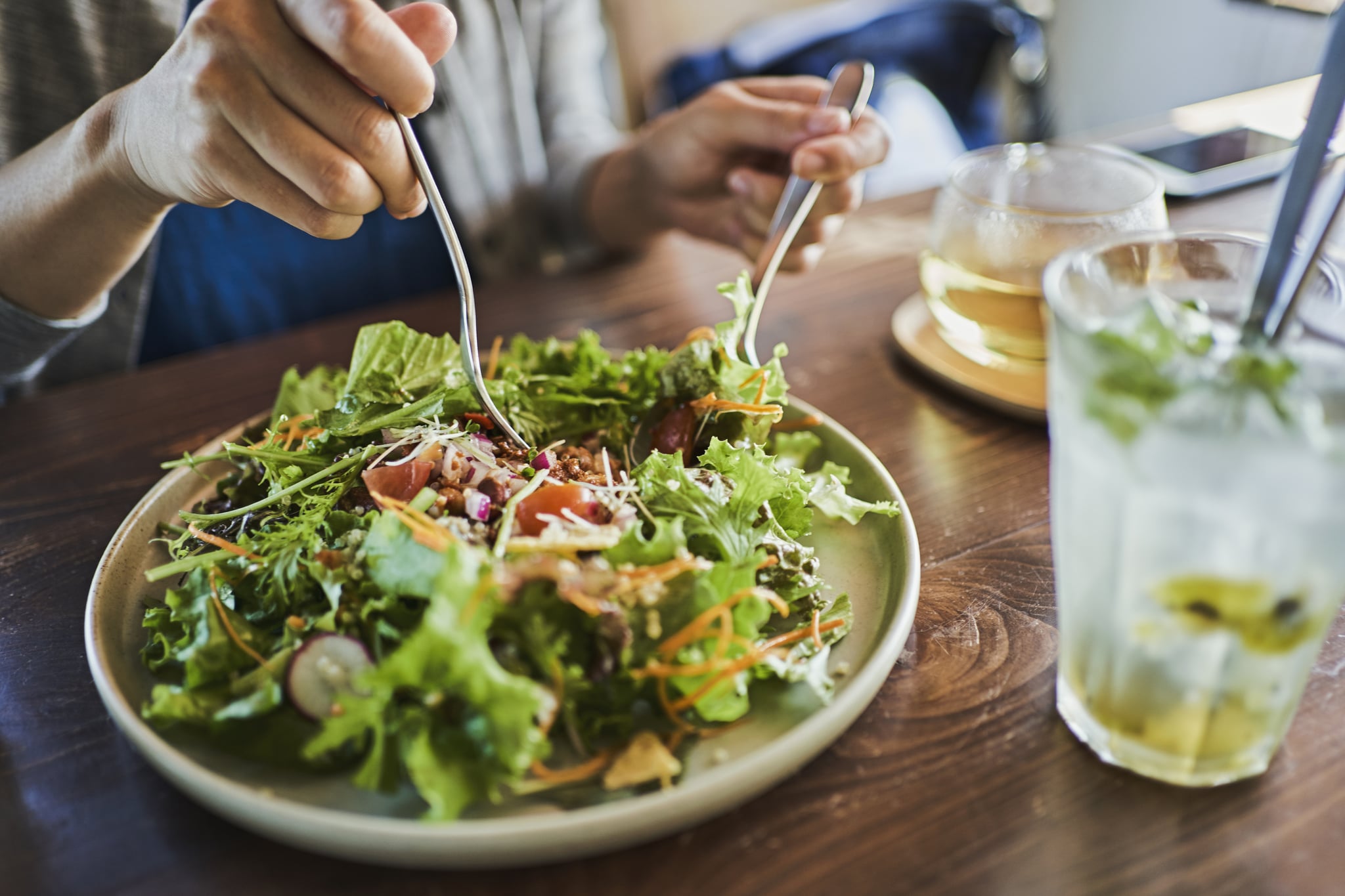Should I Take Folic Acid If I’m Not Pregnant?
Folic Acid Is Important Even If You’re Not Trying to Get Pregnant — Here’s Why

It's true: folic acid (a synthetic form of folate or vitamin B9) is an incredibly important nutrient for anyone who is currently pregnant or trying to get pregnant.
The CDC notes that having an adequate amount of folic acid in the body before and during pregnancy helps prevent birth defects, specifically those of the fetus's brain and spine. That's one reason why it's typically found in prenatal vitamins prescribed by ob-gyns.
But even those who aren't actively attempting to get pregnant need folic acid in their diets.
For starters, the CDC says if you are able to get pregnant, you should be taking at least 400 micrograms of folic acid daily because these birth defects typically happen within the first three to four weeks of pregnancy, or before many people discover they are pregnant. According to the American Pregnancy Association, most people actually discover they are pregnant between the fourth and seventh weeks of pregnancy. This recommendation is taking into consideration the fact that not all pregnancies are planned.
Folic acid supports the body outside of pregnancy too. Resources on folic acid published by the Mount Sinai Health System note that folic acid plays a role in proper brain functioning, mental and emotional health, the production of RNA and DNA, helps make red blood cells, and more.
As far as how to consume folic acid, the Harvard School of Public Health explains that folate (the natural form of B9), can be found in foods such as dark leafy greens, whole grains, beans, peanuts, and fresh fruits, so adding those items to your breakfast, lunch, and dinner can certainly help. However, folic acid (remember, the synthetic version of folate) is reportedly better absorbed by the body.
In addition to supplements, the CDC notes that folic acid can be consumed through "fortified foods," or foods that have vitamins and minerals added into them, including enriched cereals, breads, rice, and pastas, and it should be marked on the nutritional facts label. For example, Barilla Penne Pasta detonates on its box that it is an enriched food.
If you're not sure if you're getting enough folic acid in your diet, are planning to get pregnant, or have any questions regarding the vitamin at all, it's best to reach out to your doctor for advice.






